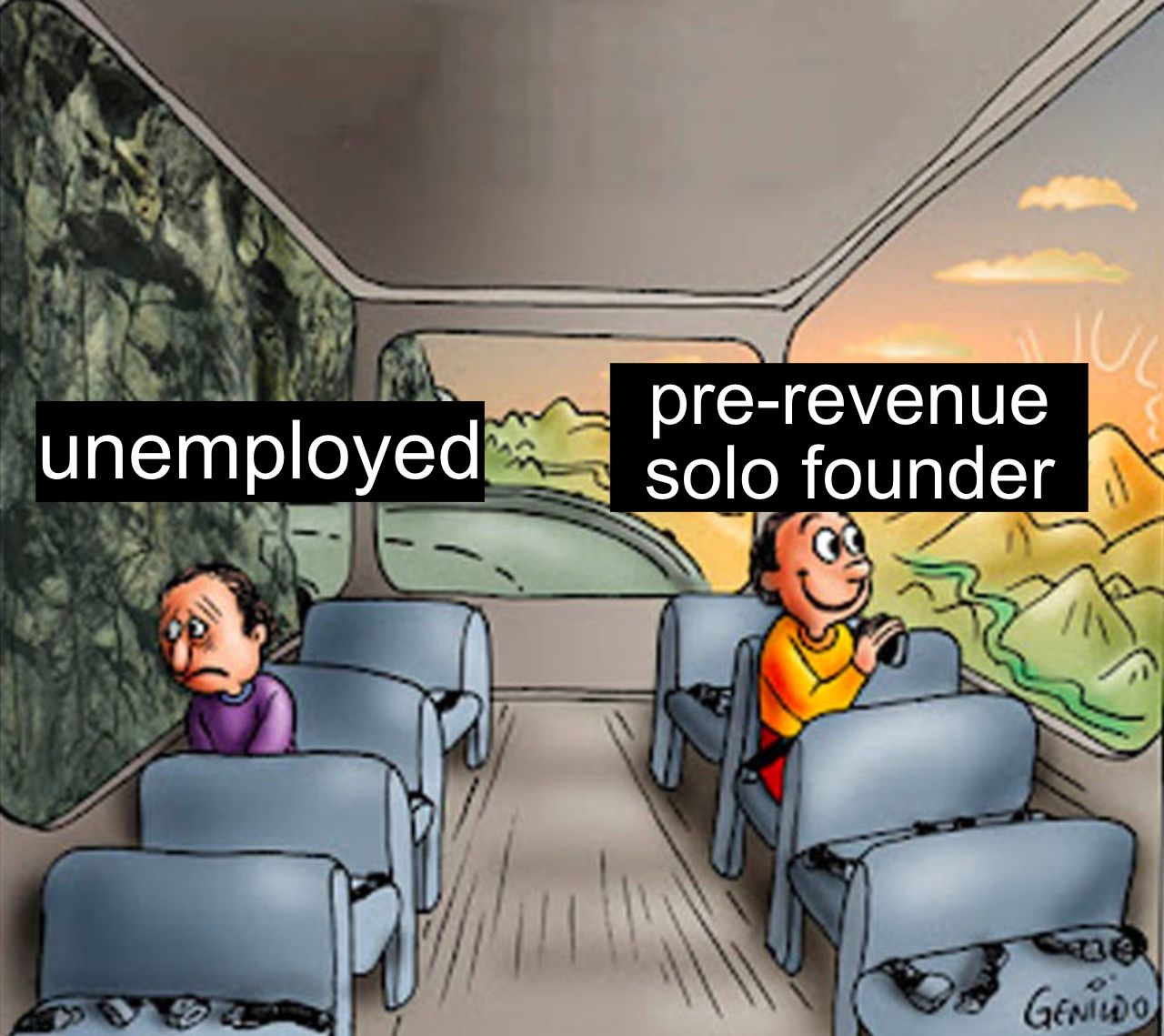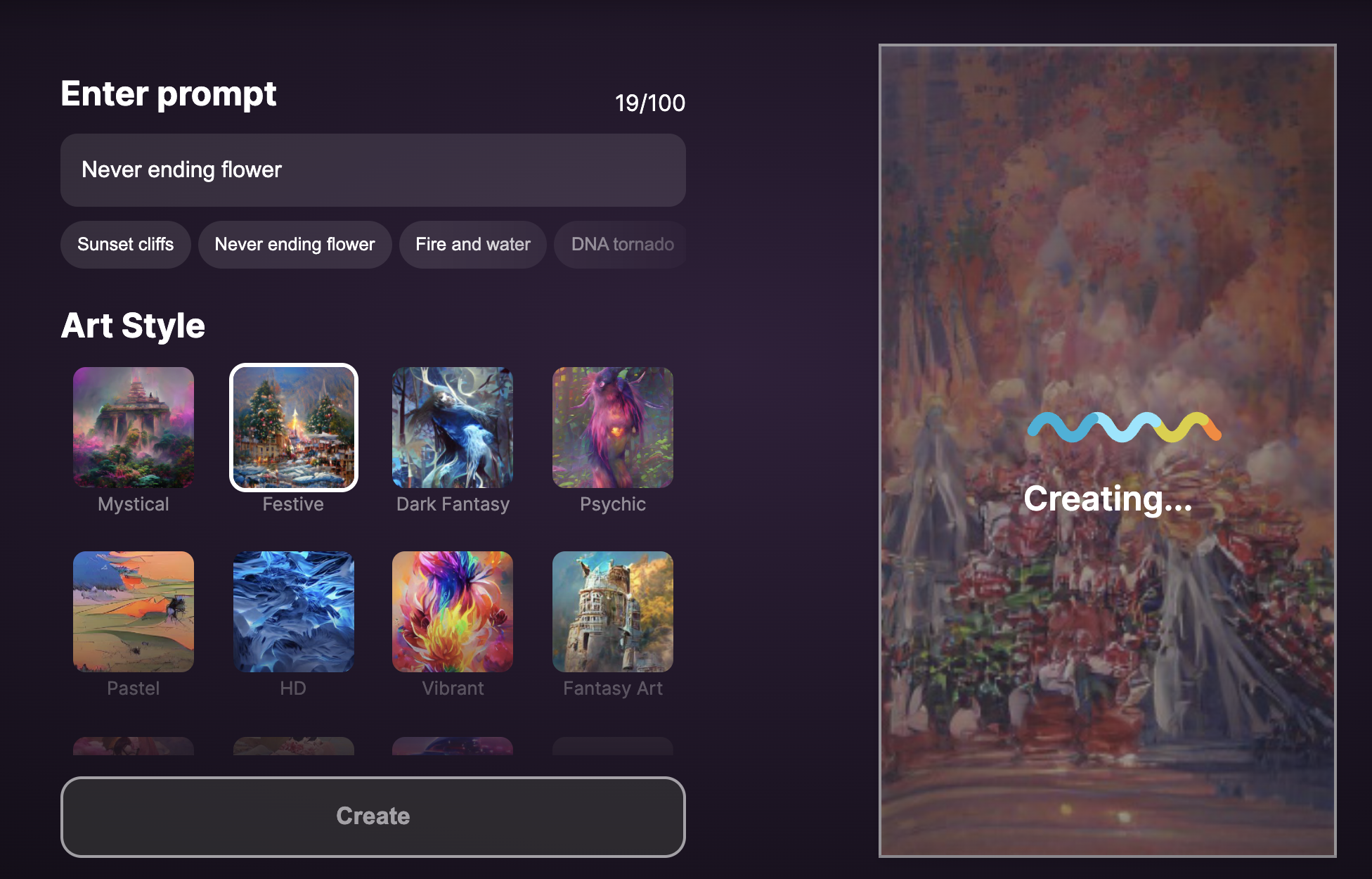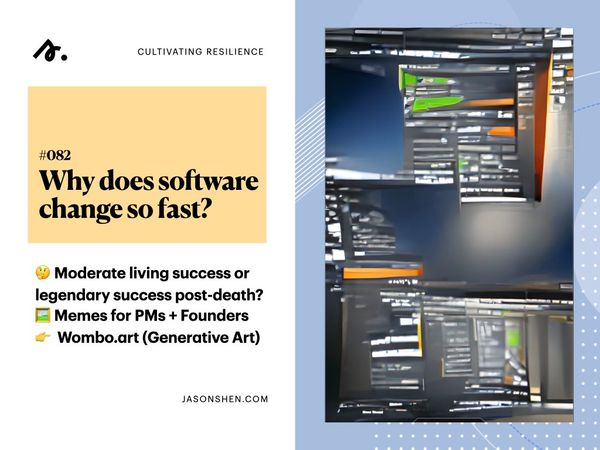This the 80th edition of Cultivating Resilience, a weekly newsletter how we build, adapt, and lead in times of change—brought to you by Jason Shen, a PM, resilience coach, 1st gen immigrant, ex-gymnast, and 3x startup founder.
🤔 Would you rather be moderately successful during your life or wildly successful but only after you die?
I was listening to this Freakonomics podcast on the art market, which opens of the story of Alice Neel.

She was a portrait painter who was a declared Communist and whose art was more realistic at a time when expressionist abstract art (think Jackson Pollock) was big. She died in 1984 as a known artist without much regard. Yet 37 years later, her art would sell at Christie's for over $3M.
Q: Would you rather be moderately successful but enjoy that success while you're alive, or know that you'll become legendary, but only years after your passing?
As before, reply to me over email with your answer and I'll share mine!
🧠 Why does software keep changing so dramatically?
I came across this thread on Hacker News from a 50 year old technology project manager lamenting how often software interfaces would change.
Until recently, we used to do things like write cheatsheets and other help docs for our clients for tools like Google Analytics. This was all fine, and they were appreciated, as clients just don't know how to use these tools.
But recently, the rate of change has just made this untenable. I'd log into a tool like GA and the whole thing would be different. Not just the upgrade to 4, but then incremental changes there, too. So cheatsheets, training workshops, anything around support - just becomes untenable.
Another example: I log into Teamwork (my project management tool of choice) - and they're "retiring" the plan I've been on (and very happy with) for years. Instead I have to choose "Growth" and now my dashboard is littered with a whole bunch of stuff I neither want or need. Nothing is where I'm used to it being.
I work on internal tooling for Meta so I am keenly aware of both the pressure to change interfaces and the frustration of users when a familiar interface gets an unexpected & unwanted redesign.
As I described in The Rise and Fall of Product Lines, many hit products are meaningfully different from what came before it in a meaningful dimension. It slowly iterates over time, capturing additional market share while reducing the distinctiveness of the offering, and eventually gets so bloated it has to reboot or pare back dramatically (or is else outcompeted by a competitor who did.
I think many organizations were unwilling to disrupt themselves, wary of the backlash, which often comes from your oldest and most loyal users/customers/fans. But in the quest for growth, product companies are being bolder. They have decided it's better to take the plunge with something new than slowly bleed to death. Except that when before, the radical change was carefully considered and came after a period of languishing, perhaps now we are becoming too quick to transform ourselves, too ready to reveal a bold new feature / design / theme in a quest to shake things up.
Another HN commenter had a different perspective, one that centered around the massive scale of modern products.
I have an alternative view from a lot of commenters. This is a symptom of tragedy of the commons + data driven decision making. Product Managers (of which I am one) are focused on advocating for changes that benefit the users. Unfortunately, as scale increases it becomes impossible to just have conversations with users and extrapolate from that to a tastemaking decision.
This PM argued there were two options:
1. You make decisions by aggregate telemetry. This leads to a degradation to lowest-common denominator, and changing UI to drive statistical movement.
2. You make decisions by intense user research with a small subset of key customers. This leads to "enterprison" disease and if done too early in a company's lifespan, can kill the company from ever growing beyond effectively being an outsourcing partner for their largest enterprise clients.
When you have 25 million users, you can neither have a conversation with all of them, nor can you please all of them, so you end up having to make the best decision you can based on the data available to you, and we all suffer in small ways, but hopefully benefit in larger ways.
These were also good points. Yes, software can personalize itself to some degree for a user, but for the team building the product, it's hard to keep things straight without a fair amount of standardization of the experience, and how you take direction on that leans towards statistical or individual.
Very few things can perfectly meet our needs and the needs of everyone else perfectly. You can make compromises that maximize the immediate outcome, but there's a slow degradation over time. I think of the cookie maker who slowly uses cheaper ingredients in theirecipeie, A/B testing old and new with consumers who report no noticeable difference. But run that cycle for 10 generations and the cookie definitely tastes way worse.
There's no simple lesson of resilience here but one takeaway might be:focus is good. Focus on a particular audience so you are not dragged in too many directions at once. You don't and can't please everyone.
Read: Ask HN: Why is everything changing too fast?
🖼 Memes for PMs and Founders
A few weeks ago Twitter ran amuck with a meme about what side of the bus you sit on and how it affects your worldview. Given its planning season at work, here are three of my contributions to the genre:



Make your own memes with Kapwing and send your faves to me!
👉 Wombo.art (Generative Art)

I came across a really neat generative art tool called Wombo.art. You can input some kind of prompt and select a style and it will generate a piece abstract art that's thematically aligned with your prompt. I used the prompt "software change fast" as my prompt for the cover image to this newsletter for instance.
It's somehow able to find imagery related to your prompt and mash them together in different art styles to create unique collages that are at once alien and yet fascinating. I think it's important to study these kinds of tools because they help reveal how machines are no longer just analyzing, they are creating.
Wombo - Generative Art
Thank you for being a member of Cultivating Resilience. Would you be willing to share it with a friend or two who might also enjoy it?
More Resources and Fun Stuff
- Book Notes: Summaries / quotes from great books I've read
- Scotch & Bean: a webcomic about work, friendship, and wellness
- Birthday Lessons: Ideas, questions, and principles I've picked up over the years

